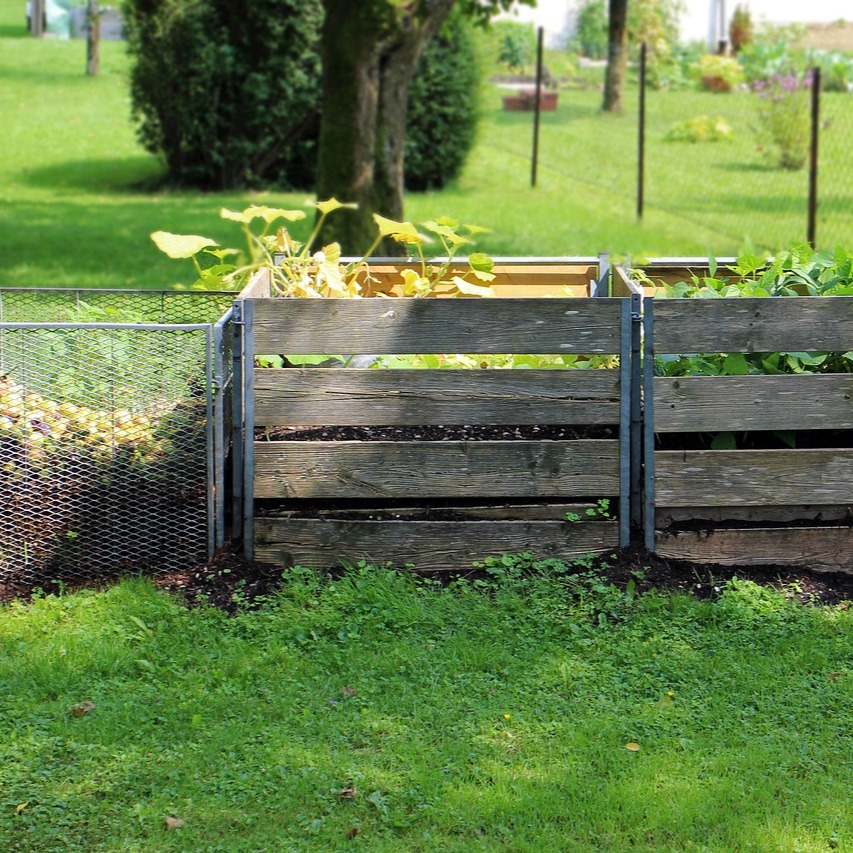
Composting is an eco-friendly way of recycling kitchen and yard waste, transforming it into nutrient-rich soil that your plants will love. It not only reduces the amount of waste that goes into landfills, but also enriches your garden soil naturally, helping plants grow healthier and stronger.
Why Compost?
Composting has several benefits:
- Reduces kitchen and yard waste
- Creates nutrient-rich soil
- Improves soil structure, texture, and aeration
- Helps soil retain moisture
- Suppresses plant diseases and pests
What Can You Compost?
Almost any organic material is suitable for composting. Your compost pile should have a balanced mix of brown and green materials.
- Brown materials: Provides carbon. Includes materials like dead leaves, branches, and twigs.
- Green materials: Provides nitrogen. Includes materials like grass clippings, vegetable waste, fruit scraps, and coffee grounds.
How to Start a Compost Pile
Starting your own compost pile at home is simple and requires minimal equipment. Here's how:
- Select a dry, shaded spot near a water source for your compost pile or bin.
- Start your compost pile with a layer of brown materials, then add a layer of green materials. Top it off with a layer of soil.
- Turn the compost pile with a pitchfork or shovel every few weeks. This helps aerate the pile and speeds up the composting process.
- Once your compost pile is established, you can add new materials by mixing them into the pile.
Conclusion
Composting is an excellent way to recycle waste, enrich your soil, and boost the health of your garden. So, don't wait any longer - start your compost pile today and take your gardening to the next level!